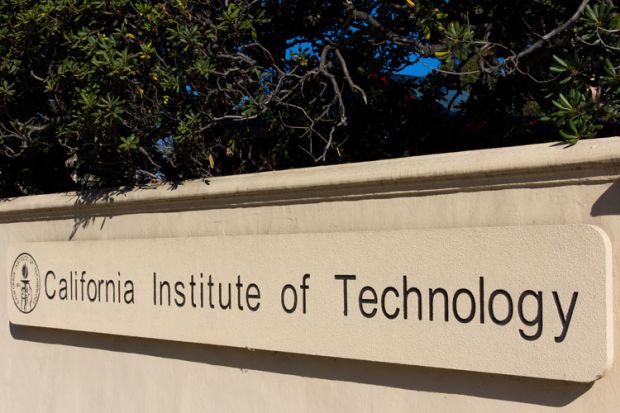Caltech: Caltech Submillimeter Observatory Decommissioning Receives Final Permits and Selects Contractors
Caltech has received the necessary permits from the county and state of Hawai‘i to begin the physical deconstruction of the Caltech Submillimeter Observatory (CSO) from Maunakea.
“Caltech is set to begin the deconstruction phase of the decommissioning later this summer, with removal and restoration completed within a year,” says Caltech physics professor and CSO director Sunil Golwala. It will be the first observatory removed under the 2010 Decommissioning Plan for Maunakea Observatories.
The deconstruction will be in accordance with the Conservation District Use Permit (CDUP), which was issued by the state Department of Land & Natural Resources (DLNR) in January. The CDUP sets the terms and conditions that Caltech must follow during the decommissioning. Copies of the CDUP, the Final Environmental Assessment, the Site Decommissioning Plan, and other planning documents can be found here: http://www.cso.caltech.edu/wiki/cso/outreach/outreach.
Caltech has received a building permit from the County of Hawai‘i and a National Pollution Discharge Elimination System (NPDES) permit from the Hawai‘i Department of Health. Caltech’s grading permit application has received minor comments from the County of Hawai‘i and will be amended, with approval expected soon. In addition, Caltech has retained a number of firms to participate in decommissioning.
The creation of the new Mauna Kea Stewardship and Oversight Authority, recently signed into law by Governor David Ige, will not impact the decommissioning.
“CSO will continue the deconstruction as planned, working closely with the new management authority and the Center for Maunakea Stewardship during this period of transition,” Golwala says. Caltech’s work to restore the site is expected to be complete in 2023, before the transition in management is fully in effect, and Caltech will continue to report results of restoration monitoring through 2026.
The cost of deconstruction and restoration, funded in part by the Gordon and Betty Moore Foundation, is expected to be approximately $4 million.
The CSO came online in 1987 and was used by scientists at Caltech and other institutions, including almost 200 student and postdoctoral researchers, to open a new submillimeter window on the universe. A summary of CSO’s contributions to astronomy and astronomical instrumentation are available here: http://www.cso.caltech.edu/wiki/cso/science/overview.
All the astronomical instruments were removed from the facility in 2015 except the telescope. Prior to deconstruction of the observatory buildings, the CSO’s 10.4-meter submillimeter telescope will be removed for shipment to Chile, where it will continue its role as one of the world’s premier facilities for astronomical research and instrumentation development at submillimeter wavelengths, and where it will be renamed the Leighton Chajnantor Telescope. Caltech’s contribution to the move is being funded by the Heising-Simons Foundation.

